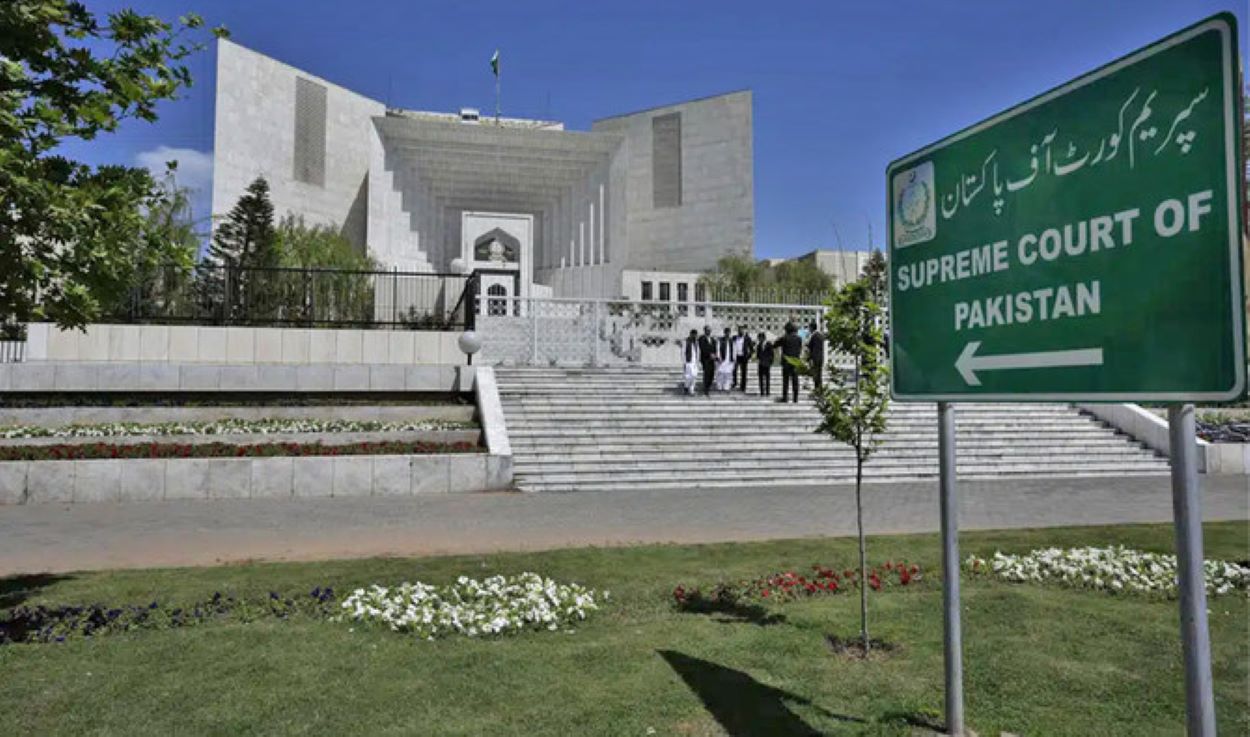Pakistan’s Supreme Court has reserved its verdict on appeals challenging civilian trials in military courts, with a ruling expected this week. The case, tied to the May 9, 2023, protests following Imran Khan’s arrest, raises critical questions about constitutional rights and military justice.
A seven-member bench, led by Chief Justice Aminuddin Khan, concluded hearings on intra-court appeals contesting the legality of trying civilians under the Pakistan Army Act. The appeals stem from violent protests on May 9, 2023, after former Prime Minister Imran Khan’s arrest, targeting 39 sites, including military installations like the General Headquarters in Rawalpindi. Attorney General Mansoor Usman Awan called the attacks “coordinated,” justifying military trials.
The bench scrutinised due process, with Justice Naeem Akhtar Afghan questioning witness testimony and Justice Musarrat Hilali probing unamended Army Act provisions. Justice Jamal Mandokhail stressed that the issue hinges on constitutional adherence, not just the crimes committed. The court noted the military’s internal actions, including dismissing three senior officers without pensions.
Implications and Expectations
The reserved verdict could redefine the balance between military and civilian justice in Pakistan. Legal experts anticipate a quick decision soon, with a detailed ruling to follow. This could set a precedent for future civilian rights cases under military jurisdiction.
Read: Pakistan’s Military Courts Sentence 25 for May 9 State Installation Attacks
Pakistan’s Supreme Court’s reserved verdict on civilian military trials, expected this week, marks a pivotal moment for constitutional justice. Stemming from the May 9, 2023, protests, the ruling could redefine civilian rights and military authority, drawing intense scrutiny as Pakistan navigates its legal and political landscape.






